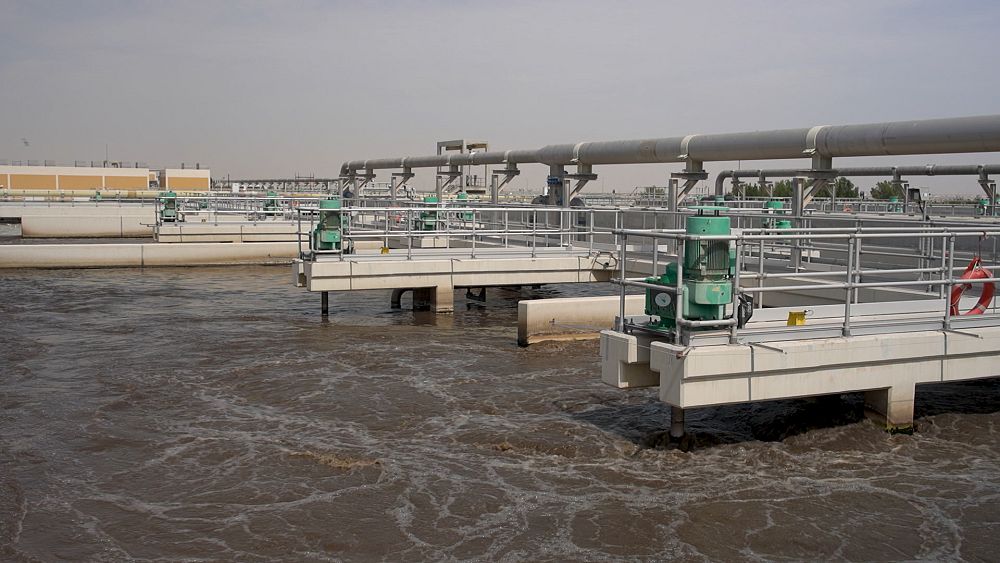
In the west, few ever think about the economics of water. Costs for consumers are relatively cheap and taps almost never run dry, save occasional hose-pipe bans brought in during dryer-than-average periods.
However, this situation is increasingly coming under stress, due to climate change and our ever-increasing water use, especially in agriculture.
According to the Organization for Economic Co-operation and Development (OECD) 60% of the global population could face water issues by 2050, with low-income families bearing the brunt of the water crisis.
In some areas, water scarcity could dent economic growth by as much as 6% of GDP.
As World Water Day approaches on 22 March, we take a look at the current state of water resources on the planet and how one company is helping to make a difference in Qatar.
“Taps before guns”
Currently, over two billion people in the world don’t have access to safe drinking water and sanitation, creating a massive block to development. Investing in these resources would have a massive impact, not just on an individual level, but also on a societal one too.
Families would spend less time and money searching for water, freeing up more resources for education and work that helps to break cycles of poverty. Healthcare outcomes improve and costs fall.

Universal access to basic water and sanitation would result in over €17 billion in economic benefits from fewer deaths alone, according to Water.org. It’s estimated that overall every $1 (€0.93) invested in water and sanitation provides a $4 (€3.73) economic return from lower health costs, higher productivity and fewer premature deaths.
Yet water scarcity still lags behind as a political issue, something that has to change, according to the President of the World Water Council, Loic Fauchon.
“Water has to become everywhere, politics, it’s our main slogan. Water is politics and saying to the political leaders in the world, stop ignoring water. Taps before guns.”
Qatar’s solution: Public-private partnerships
While discussion about water resources in Western countries may be increasing from a low starting position, in more arid regions, it has long been a top political priority.
Qatar, which has long had to grapple with water scarcity, is increasing its use of technology to create sustainable water solutions.

It has teamed up with Spanish water management company, Aguas de Valencia, an award-winning firm pioneering digital systems on a global scale.
They operate the country’s largest water treatment facility, located west of the capital, Doha. Raw sewage goes through multiple stages of biological treatment filtration and high-pressure sanitisation, before being suitable for agriculture and other non-potable uses.
Every drop is precious, as the Middle East Director of Aguas de Valencia, Enrique Fernandez, notes.
“Here in Qatar when it rains, the quantity of rain is very high in a very short period of time. So we have to be very ready in order to treat and to keep for a period of time of that peak rain in order to treat 100% of the water.”
In many countries, water from storm drains, and even sewage, is sent back to the sea or rivers. As our weather becomes more extreme and less predictable, recycling water as Qatar does will become more important.
